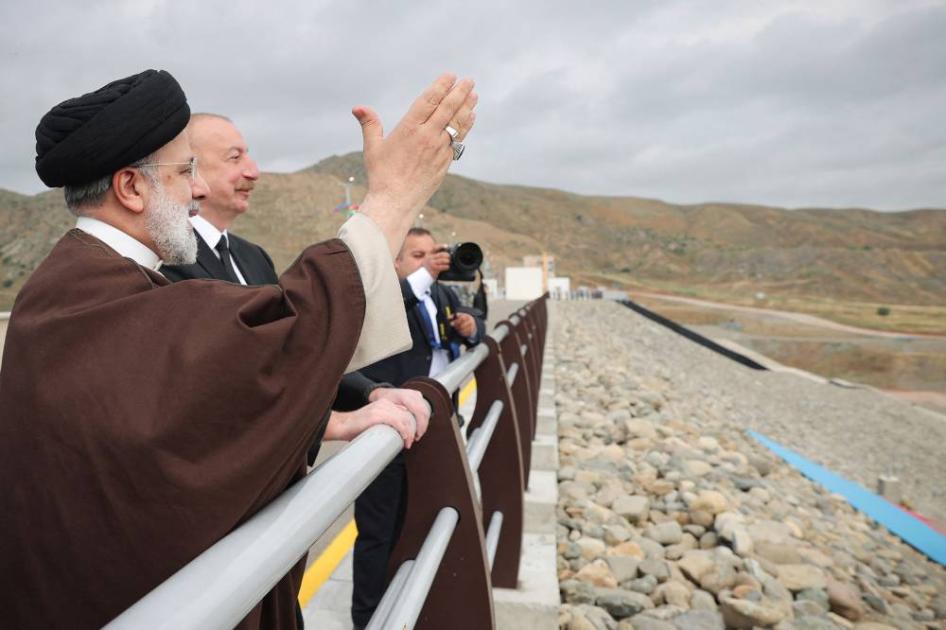The EU is facing significant challenges, but it cannot rely on support from Berlin and Paris. In France, the president, who was aiming for a leadership role in Europe, is now facing domestic issues that may hinder his effectiveness for the rest of his term. Meanwhile, in Germany, the Chancellor lacks ambition for a leadership role in Europe and focuses mainly on domestic matters.
Without strong initiatives from key EU capitals like Berlin and Paris, Europe may struggle to adapt in a rapidly changing global landscape. The US, China, and Russia are challenging Europe in various ways, emphasizing the need for a coordinated European response. While nationalistic approaches may lead to short-term gains, the EU as a whole benefits from a united front in global affairs.
The EU has historically focused on economic integration but now faces the need for a more united approach to foreign and security policy. While member states are hesitant to cede sovereignty in this area, coordinated efforts and joint action can enhance the EU’s role in global geopolitics. The upcoming EU leadership team shows promise in pursuing European interests and values against external threats.
While the EU institutions play a role in shaping European foreign policy, true leadership must come from the member states, particularly larger countries like Germany, France, and Poland. A geopolitical shift towards a more assertive and unified European stance is crucial in navigating the complex global landscape. Only with strong political will and cooperation from these capitals can the EU effectively position itself as a key player in global affairs.



